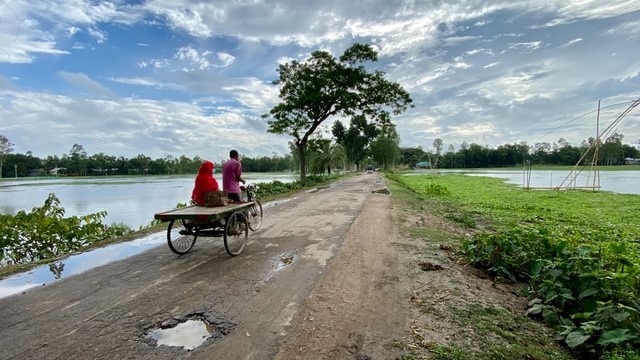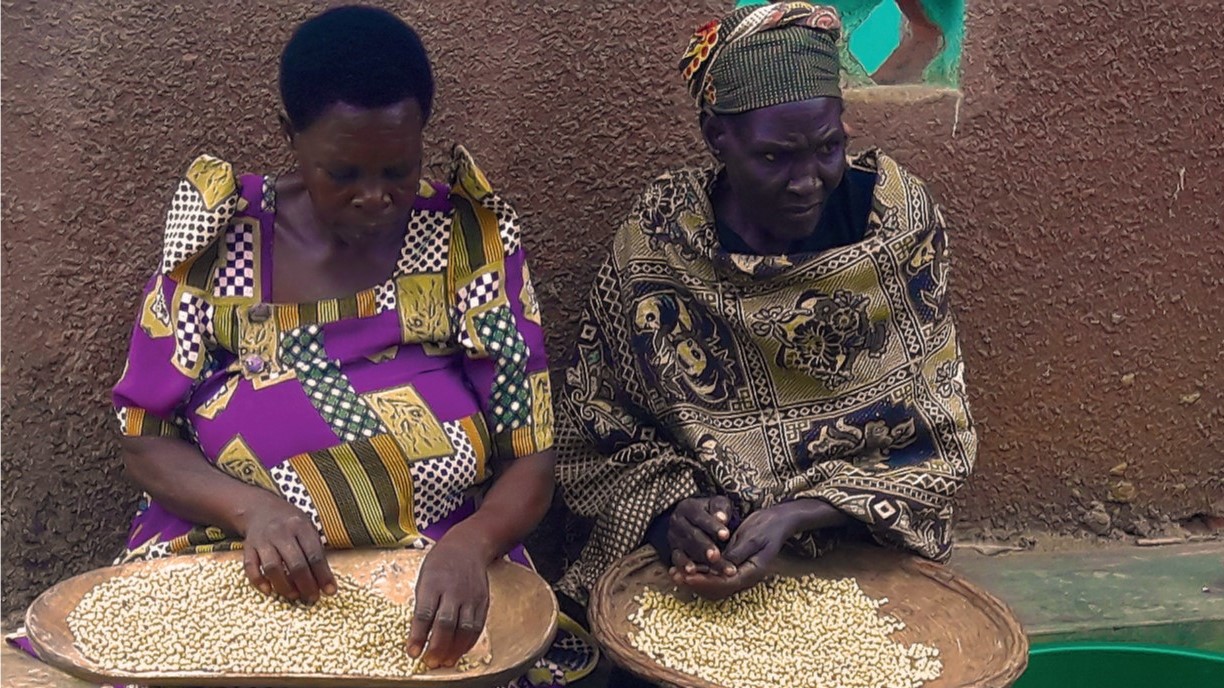IFAD strategy makes remarkable contribution to resilience in Burundi - IOE
Rome, 24 May 2021 – In a country with fragile situations, IFAD’s strategy has made a remarkable contribution to resilience. These and other findings were presented earlier today, as senior policy makers from Burundi, representatives of IFAD’s East and Southern Africa Division (ESA), and the Independent Office of Evaluation (IOE) met to discuss the findings of the country strategy and programme evaluation (CSPE), carried out in 2020.
“Our evaluation, which covers ten projects funded during the period 2009-2020, found that the country programme showed remarkable resilience despite the fragile situations faced, mainly related to institutional, political, economic, environmental and climate change aspects”, stated Dr Indran A. Naidoo, IOE Director, in his opening remarks.
Four main factors underpin IFAD’s strong performance in Burundi: the organization’s long-standing presence in the country, the Government’s sustained commitment, the project staff’s dedication, and the local communities’ participatory ‘can-do’ approach. Reported revenue improvements, coupled with training and nutritional education measures and support for micro projects, contributed to reducing child malnutrition rates. In addition, the program also contributed to strengthening the capacities of producers, infrastructure user associations and development committees, and facilitating cooperation between beneficiaries and public institutions.
Co-organized by the Ministry of the Environment, Agriculture and Livestock and the Ministry of Finance, Budget and Economic Planning of Burundi, and IFAD’s IOE, in collaboration with IFAD’s ESA Division, the on-line virtual workshop brought together a wealth of participants. These included representatives of public sector institutions and national stakeholders, IFAD management and staff, and multilateral and bilateral partners. During the event, participants focused on the main findings, recommendations and issues emerging from the CSPE, and addressed the opportunities and challenges of the future IFAD-Government partnership.
By the end of 2020, the programme led to the protection of 100,000 hectares of hills, the development or rehabilitation of 16,714 hectares of marshlands and 850 km of rural roads. The CSPE report also recognized that the capacity building activities that targeted marsh user associations, and the integrated protection of watersheds, were not sufficient to ensure proper maintenance of the marshland and prevention against erosion and downstream flooding. Furthermore, the sustainability of the results is not yet fully assured, and infrastructure maintenance problems remain.
“The participatory approach fostered ownership at local and provincial level. However, the targeting of communes with potentially-productive marshes excluded a large proportion of the vulnerable population. It is only with the last project approved by IFAD, PIPARV-B, that interventions are going to be focused on the hills and on activities not requiring so much land”, noted Ms. Mònica Lomeña-Gelis, IOE Senior Evaluation Officer, who led the CSPE evaluation team.
Looking forward, workshop participants noted the need to consolidate a holistic approach to pro-poor value chains, working from the various phases of production to the final market destinations, to prioritize strategies and actions to reduce land pressure and facilitate access to assets for the most vulnerable, and to strengthen the regulatory provisions and financial mechanisms to ensure the sustainability of the results achieved.
Since 1979, IFAD has financed 14 development projects in Burundi at a cost of US$ 668.9 million. In the country, 38.7% of the population lives in a situation of extreme poverty, with a clear concentration in rural areas and higher rates among vulnerable populations (women, youth, Batwa, internally displaced persons and persons with disabilities). The 2018 human development index places Burundi in 185th place out of 189 countries, with large disparities especially between rural and urban areas.
For further information, please contact Alexander Voccia at [email protected].
Follow us on:




